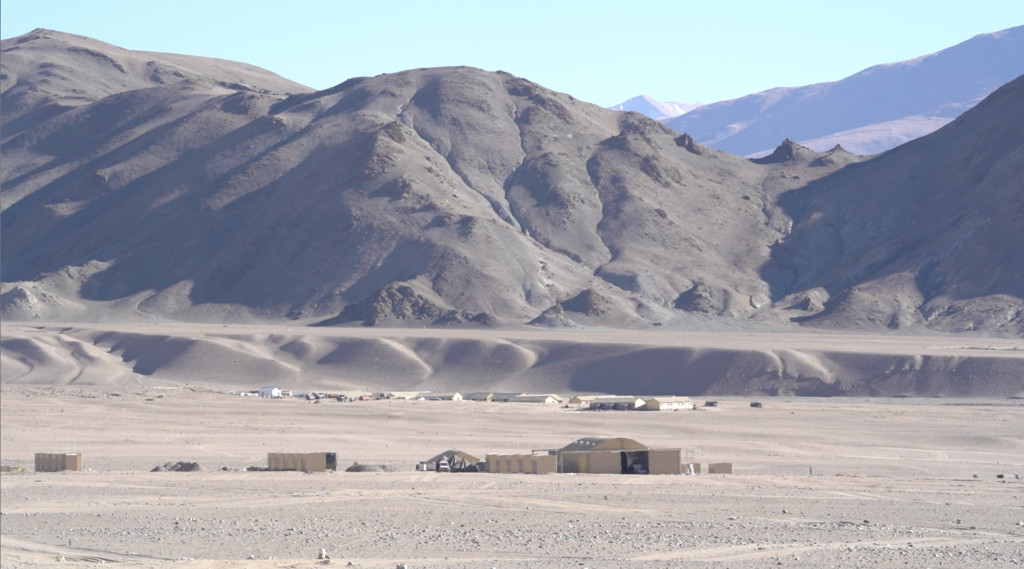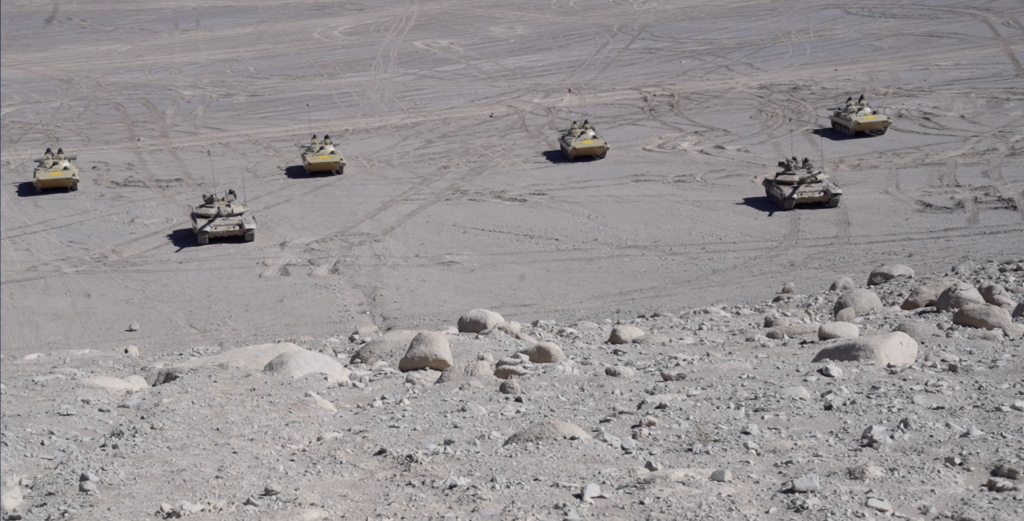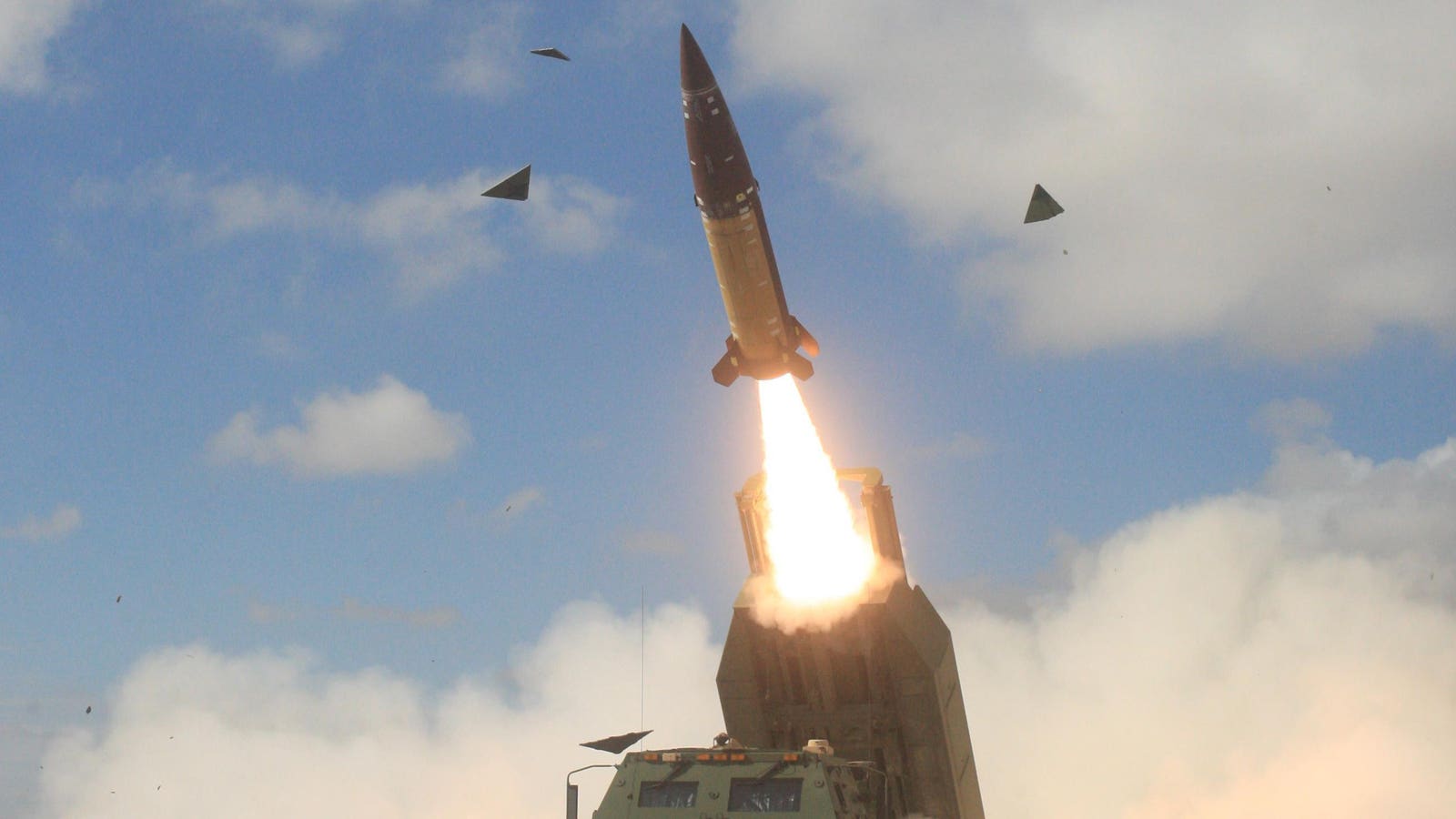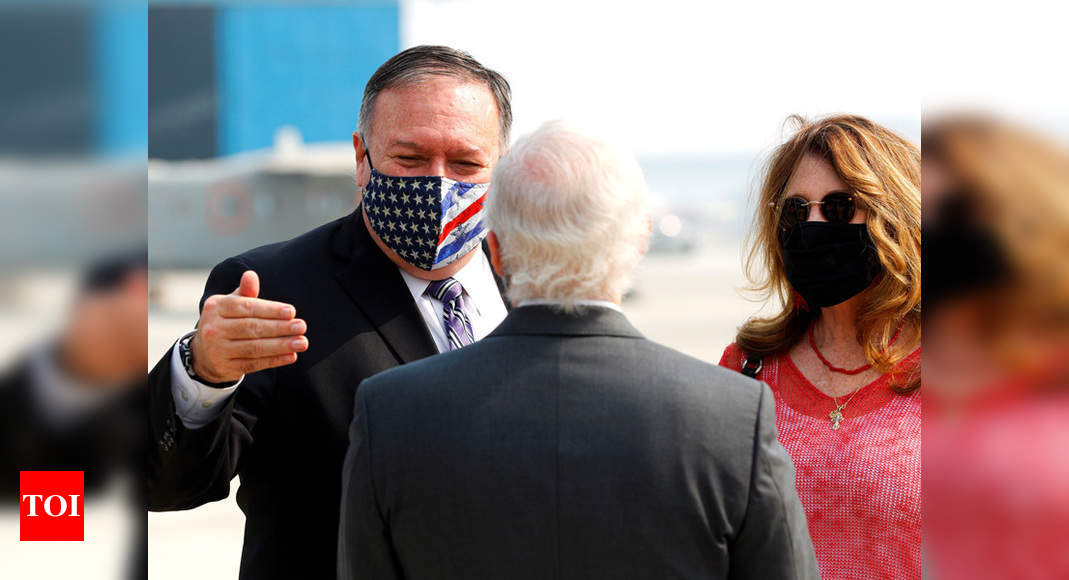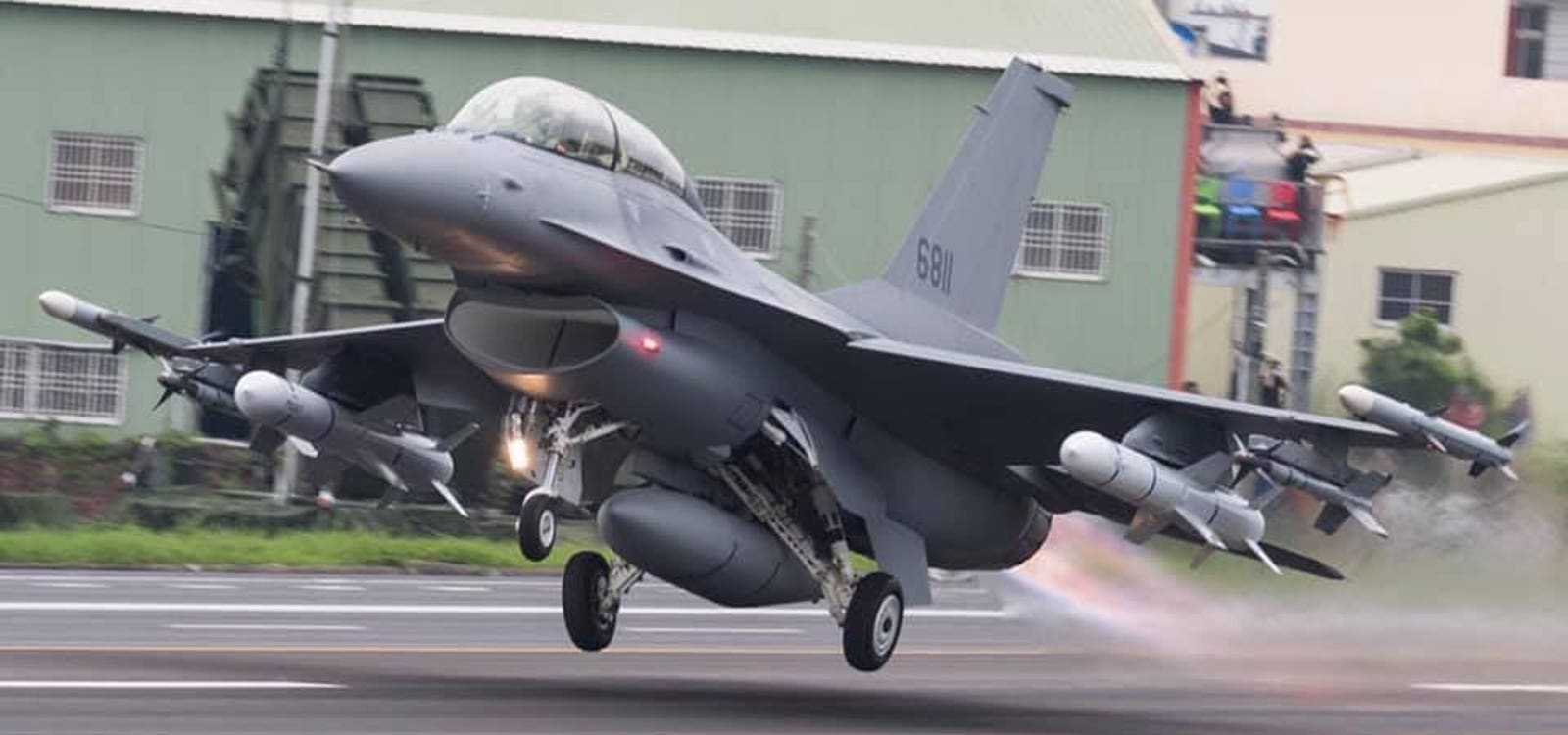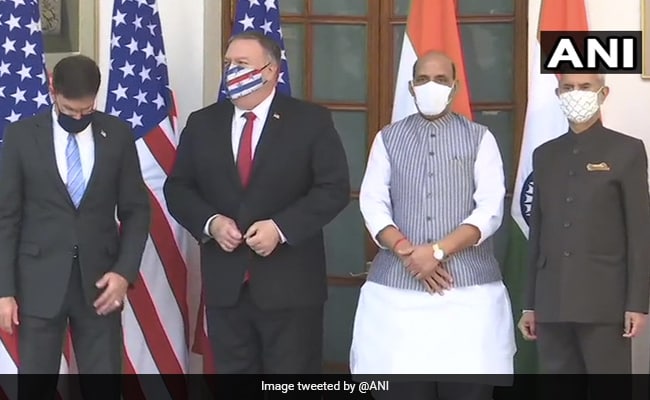China to sanction Boeing, Lockheed and Raytheon over Taiwan arms sales
BEIJING — China’s government said Monday it will impose sanctions on U.S. military contractors including Boeing’s defense unit and Lockheed Martin for
supplying weapons to rival Taiwan, stepping up a feud with Washington over security and Beijing’s strategic ambitions.
Raytheon Technologies Corp. and “relevant American individuals” associated with the sales also will be affected, said Foreign Affairs Ministry spokesman Zhao Lijian. He gave no details of what penalties might be imposed or when.
The ruling Communist Party claims Taiwan, which split with the mainland in 1949 during a civil war, as part of its territory and has threatened to invade. Washington promised in the 1980s to reduce and eventually end weapons sales to Taiwan but insists its dispute with Beijing must be settled peacefully.
“In order to safeguard national interests, China decided to impose sanctions on the American companies that were involved in arms sales to Taiwan,” Zhao said at a regular news briefing.
Chinese-U.S. relations have plunged to their lowest level in decades amid disputes about security, technology, the
coronavirus pandemicand human rights.
Taiwan has long been an irritant in relations. Washington has no formal relations with the island’s democratically elected government but is its main ally. U.S. law requires the government to ensure Taiwan can defend itself. Weapons sales to the island have increased in quantity and quality.
Last week, Beijing demanded Washington cancel a planned sale of 135 precision land-attack missiles valued at more than $1 billion to improve its defenses. The sale “seriously undermined China’s sovereignty and security interests,” Zhao said.
China has stepped up military activity around Taiwan in an attempt to force concessions from the pro-independence administration of President Tsai Ing-wen. The Communist Party is using the mainland’s growing economic weight to pressure other governments to cut diplomatic and unofficial ties with Taiwan.
Beijing regularly pressures American companies, including Boeing, in an effort to influence U.S. policy. China is one of Boeing’s biggest markets for commercial aircraft, which might make it vulnerable to a boycott, but Zhao mentioned only Boeing’s military arm, Boeing Defense, not its civilian jetliner business.
Lockheed Martin and Raytheon also supply radar and other technology for civilian aviation.
The two governments have put sanctions on companies and individuals on both sides over complaints about human rights, computer hacking and other issues, though it is unclear whether they have any effect.
Washington has imposed travel and financial bans on Chinese officials and companies it says are linked to abuses in the northwestern region of Xinjiang, where Muslim minorities have been detained in re-education camps, or Hong Kong after Beijing tried to tighten control by imposing a national security law.
Beijing has retaliated by announcing sanctions against some U.S. legislators.
Zhao called on Washington to “stop arms sales to Taiwan and stop any military interaction with Taiwan,” adding: “We will continue to take necessary measures to safeguard national sovereignty and security interests.”
Potential arms sale to Taiwan could put China’s east coast in the crosshairs
Mike Yeo
MELBOURNE, Australia — The U.S. State Department’s
approval of the potential sales of air- and ground-launched, long-range land-attack missiles is a marked departure from previous American policy of only selling so-called defensive weapons to Taiwan.
This broadens the options for the self-governing island to mount not only a ground-based
counterstrike in the event of Chinese ballistic missile attack on Taiwan, but would also enable it to disrupt a
potential Chinese invasion by striking ports, air bases and other military targets across the Taiwan Strait.
The U.S. Defense Security Cooperation Agency announced Wednesday that the State Department approved three separate arms packages to Taiwan under the Foreign Military Sales program.
The potential $1.8 billion deal is for 135 Boeing AGM-84H SLAM-ER missiles; 11 Lockheed Martin M142 High Mobility Artillery Rocket Systems; and six sets of Collins Aerospace’s MS-110 multispectral long-range oblique photography pods.
The DSCA notification did not identify the aircraft platform on which Taiwan would use the AGM-84H and reconnaissance pods, but it will almost certainly be carried by its
fleet of F-16 Fighting Falcon jets. Taiwan currently operates more than 140 of the Lockheed Martin-made aircraft, and it has 66 more new-build ones on order.
The AGM-84H missile will enable Taiwanese F-16s to accurately engage fixed or moving land targets from ranges in excess of 150 miles using a variety of terminal guidance systems, including infrared homing, command guidance and automatic target acquisition. The estimated cost of the missile package, which also includes telemetry and training missiles as well as spares and contractor support, is $1.008 billion.
Taiwan’s potential acquisition of the truck-mounted HIMARS will also include 64 M57 Army Tactical Missile Systems, which come with missiles, radios, resupply and recovery vehicles, tactical data systems, and practice rockets for an estimated cost of $436.1 million.
The M57, which uses inertial and GPS guidance and is used for attacking fix point targets, has a 500-pound unitary warhead and can hit targets up to 190 miles away, putting within range stretches of China’s east coast directly opposite Taiwan.
Introducing the M57 into Taiwan’s inventory will broaden its land-based options for striking China, an important consideration should its air bases be disabled. Taiwan already possesses the locally developed Hsiung Feng IIE subsonic land-attack cruise missile with a range of 375 miles, and it is developing the Yun Feng supersonic cruise missile with a planned range of 745-1,240 miles.
China sees Taiwan as a rogue province and has vowed to take back the island by force if necessary. Taiwan has been self-governing since 1949 when nationalist Chinese forces fled there following the communist victory in China’s civil war.
China’s Foreign Ministry spokesman Zhao Lijian, has criticized the latest arms sales announcement, warning that such sales “severely damage China-U.S. relations and peace and stability in the Taiwan Strait”.
However, the U.S. is required to “make available to Taiwan such defense articles and defense services in such quantity as may be necessary to enable Taiwan to maintain a sufficient self-defense capabilities,” per the Taiwan Relations Act of 1979. The law was put into place by Congress in 1979 following the normalization of relations between the U.S. and China.
DSCA announcements do not represent final sales. If there is no congressional objection, the customer can begin negotiating over price and quantities, which often change by the time a final sale is completed.

 Or ... nothing will happen.
Or ... nothing will happen.
